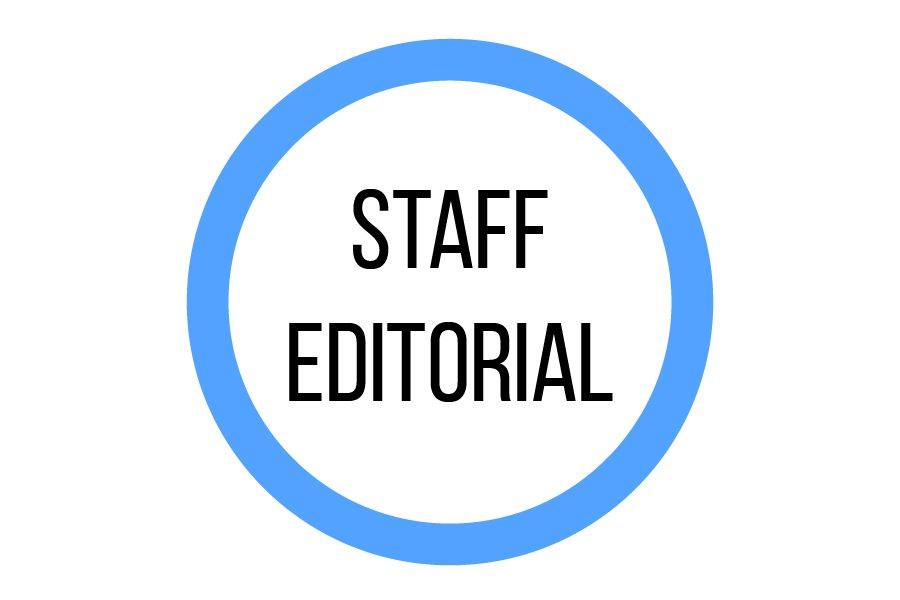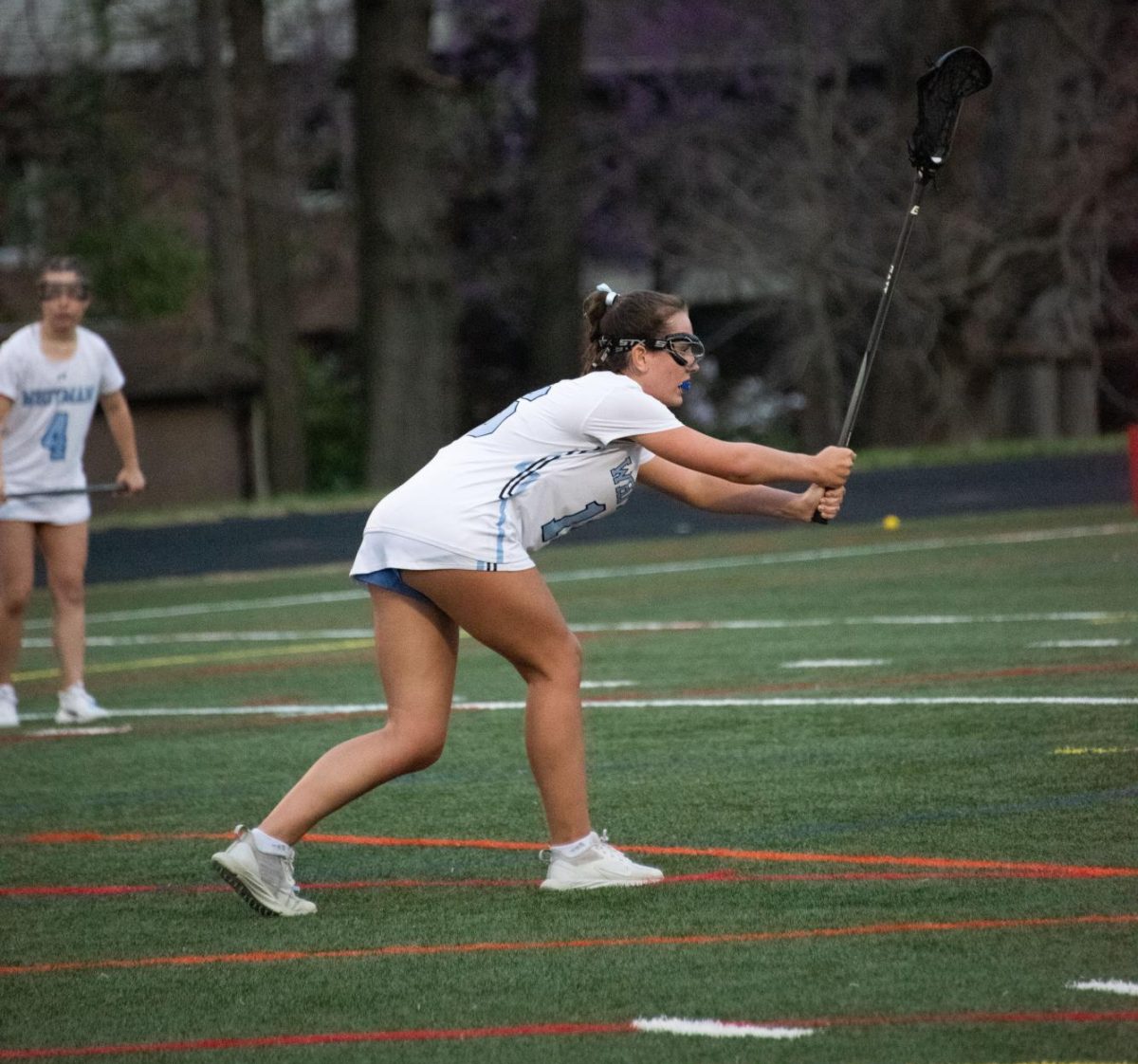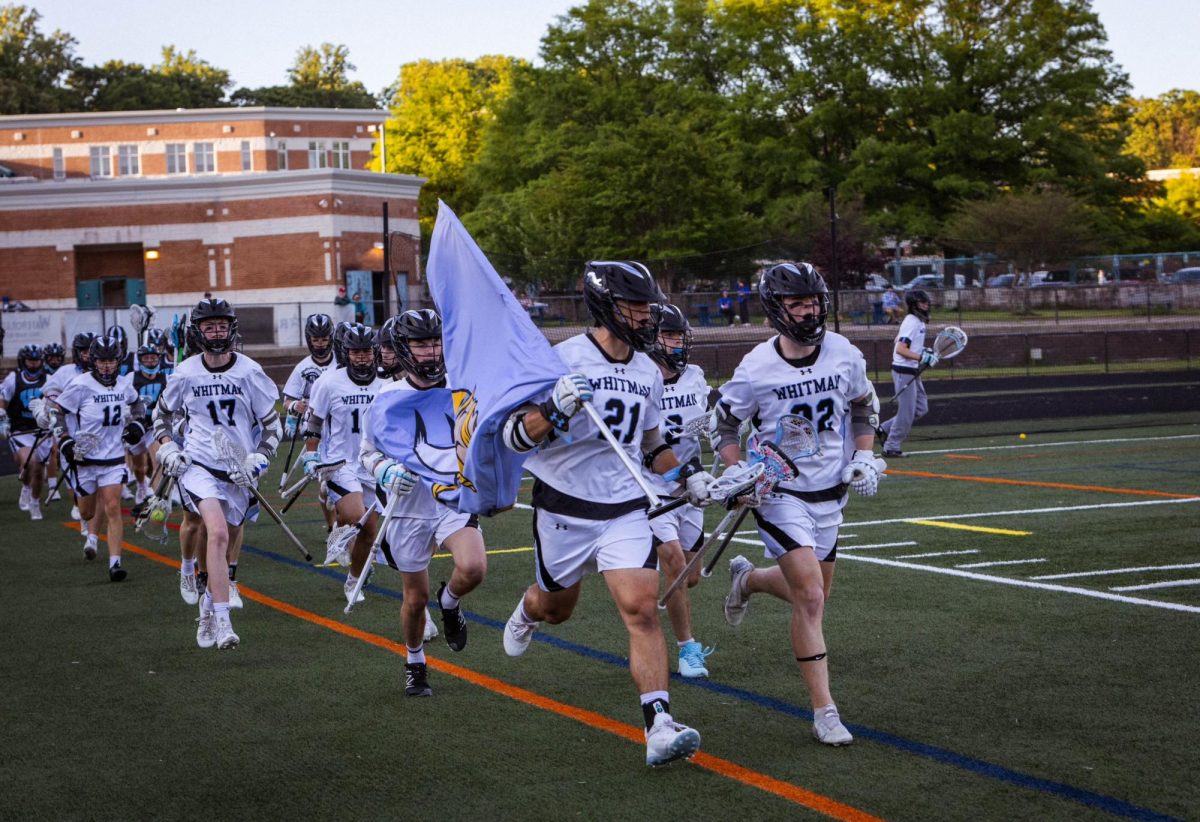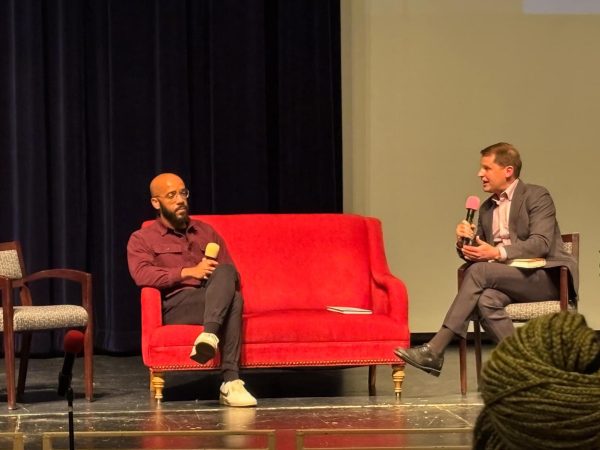Staff editorial: Give OneWhitman a chance
February 19, 2020
OneWhitman, a new initiative this year intended to encourage inclusion, celebrating diversity and togetherness in the Whitman community, has gotten off to a rough start. The student body does have more than one holistic opinion about OneWhitman — but most of the feedback is negative. Instead of fostering inclusivity, the intended goal of the program, students said in a Black & White survey that “no one seems to take it seriously,” “it feels forced” and, most of all, “it’s a waste of time.”
In fact, in that same survey of 50 Whitman students, 80% of students said that OneWhitman has failed to achieve its goals. Complaints vary widely: Some students think OneWhitman makes people uncomfortable and creates an awkward environment for sharing thoughts and feelings, while others believe OneWhitman has been too passive and hasn’t sufficiently addressed the problems with our school. Half of the students surveyed even think administrators should remove OneWhitman altogether.
“Forcing kids to talk about these issues with the peers who take it as a joke doesn’t make it effective; it doesn’t have a purpose,” one survey participant said.
OneWhitman may not be perfect, but it’s far too early to declare the initiative a failure. We, as students, need to give OneWhitman a real, fair chance before we condemn it, and we have to realize that OneWhitman’s shortcomings are partially a result of our reluctant mindset and lack of participation. If we truly want OneWhitman to succeed, students across the school need to take an active, honest role in discussions.
We have to be patient with OneWhitman. After all, it’s only been in place for half a year; administrators are still workshopping and experimenting with approaches. They have been tinkering with OneWhitman’s lesson plans to increase the value of the sessions and make it seem less intrusive. For most of this school year, members of the Black & White have reported on OneWhitman; we feel like our newspaper serves as a link between administration and the students. Members of our staff who have reported on OneWhitman have seen administration working tirelessly to make the program work. Heavily criticizing OneWhitman for having a few issues in its initial stages is like abandoning a startup company if it doesn’t immediately make one million dollars. We have to give it more of a chance — otherwise, it’s very likely it won’t succeed.
Originally, when the Black & White editorial board sat down and discussed possible topics for a staff editorial, many members proposed stories on how OneWhitman needs to change from the top down. People proposed that administrators should randomly choose our OneWhitman classes, instead of grouping us by last name, to create greater diversity in classes. Others suggested that trained professionals should run the discussions rather than teachers. Ultimately, though, we decided not to write an article critiquing OneWhitman or proposing changes. We realized that publicly critiquing the initiative would only exacerbate the problem; even if we proposed solutions, we would still be feeding off the negative attitude the student body already holds. We need to give administrators time to execute their vision.
Additionally, if we really are committed to giving OneWhitman an opportunity to succeed, we have to go out of our way to embrace the program. In the same survey, 37 of 50 students said they regularly “passed” during OneWhitman discussions — that’s to say, they chose to not answer the question posed in the community circle. But we’re partially responsible for the success or failure of the program. Embracing the program means actively participating in the OneWhitman classroom, sharing openly and honestly, and making an effort to continue discussions outside of the classroom. Participating in class discussions forms a more fluid, open dynamic between students and their teacher. With each student who shares, the next student in the circle feels more comfortable sharing.
OneWhitman isn’t perfect, but it’s a step in the right direction. Our school has systemic issues with race, mental health and acceptance. OneWhitman is the administrators’ initiative to address these issues, and it could work. It’s naive to think OneWhitman will immediately solve all of Whitman’s problems, but the program is a foundation for our school to tackle much larger issues and bring the Whitman community together. We have to realize that being patient and accepting the program is the only way for it to truly succeed.











Joshua Harkins • Feb 19, 2020 at 7:38 pm
I agree that not enough students are giving OneWhitman a chance. At the same time, some of the founding principles of OneWhitman seem unsuited for a high school audience. One example is the confidentiality that OneWhitman mandates. I think that many students, including myself, find it hard to trust peers to the point where we are willing to divulge incredibly sensitive material. As for participation, it is a serious problem. You are right in that there is not enough student participation, but it is not necessarily the participation that is halting the success/benefits of the program, it is equally as likely that the lack of success/benefits of the program is halting participation. Finally, the main flaw of the program appears to be the absence of input given by the student body. The administration seems to have bi- or tri-weekly surveys, but often these do not allow for constructive criticism, or really constructive anything, with the most recent survey having leading questions without the ability for original input. This lack of input from the student body seems indicative of the communications problems that the administration has had this entire year, from the “Pan man” communications blackout to the botched PSAT testing; the administration has failed to communicate with the students effectively. Maybe the problems are with students abandoning all hope too early on, but maybe they haven’t been given a chance to give OneWhitman a chance.